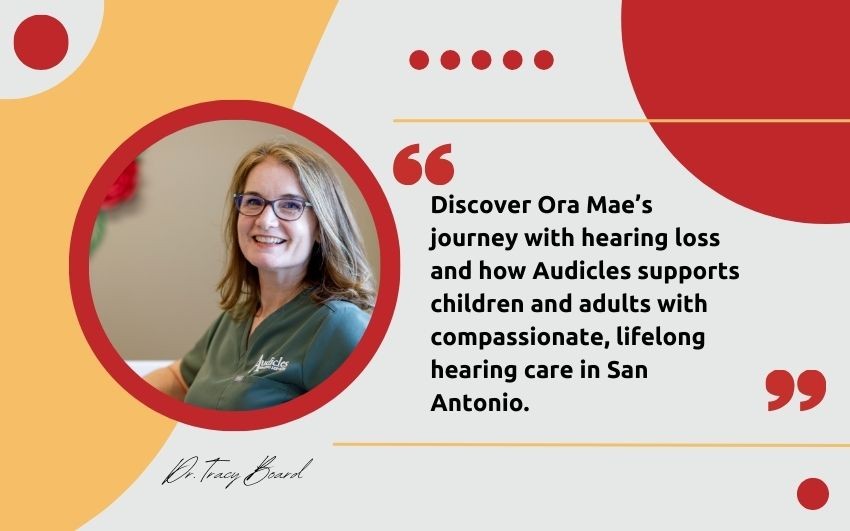Patient Resources
With so much confusion around hearing care, so many myths & misconceptions and so many questions – our team of professionals answer the biggest questions to help you become more informed and educated.
Hearing Loss Isn’t Just for Seniors: A Young Professional’s Success Story
|
Dr. Tracy Board Doctor of Audiology
|
sometimes, life circumstances reveal just how much support you truly need.
From Overwhelmed to Overjoyed: How Compassionate Hearing Care Changed Denise's Life
|
Dr. Tracy Board Doctor of Audiology
|
Excerpt (120 characters): Denise's journey from isolation to connection shows how kindness and the right care can transform your life. Learn more!
“I Don’t Go a Day Without My Hearing Aids”: Ora Mae’s Lifelong Journey with Better Hearing
|
Dr. Tracy Board Doctor of Audiology
|
Hearing Aids
Ora Mae’s journey shows that early intervention and ongoing support keep you connected to the sounds you love.
What Is Presbycusis? Conquering Age-Related Hearing Loss With Expert Care
|
Dr. Tracy Board Doctor of Audiology
|
Patient Resources
Discover how you can reconnect with the world with personalized solutions for age-related hearing loss. Schedule your comprehensive hearing assessment today!











